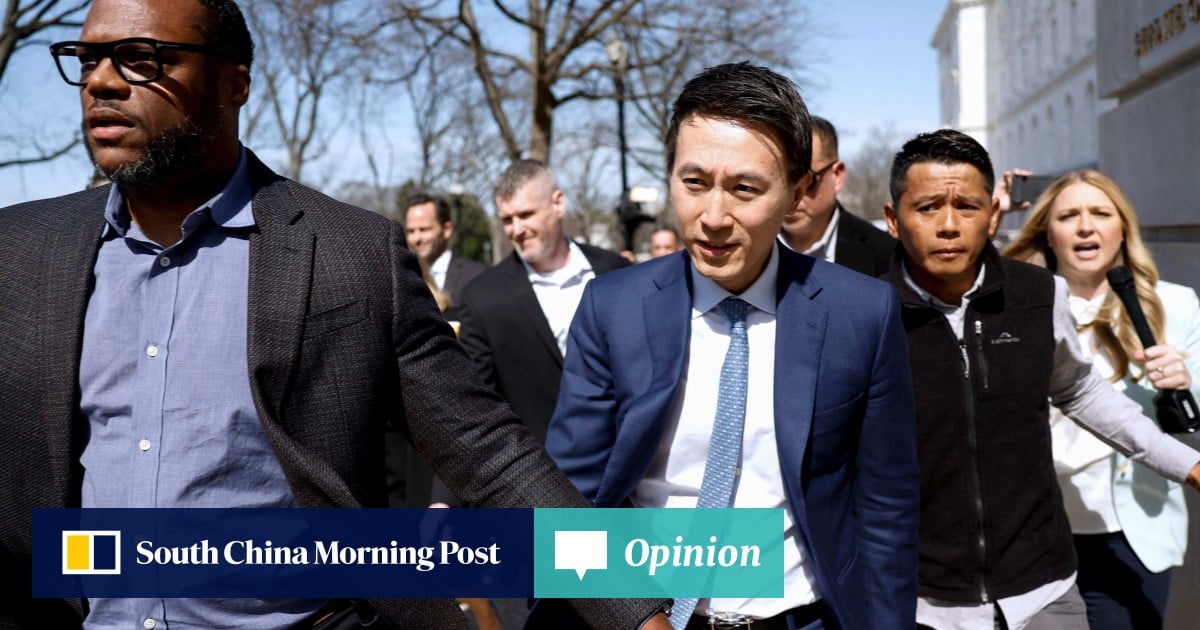
Advertisement
In the United States, however, this is particularly challenging, given the idiosyncrasies and complex interplay of its domestic politics, international power dynamics, complicated regulatory regimes and corporate culture.
TikTok has been successful not only in the United States but around the world, not because it is particularly sensitive to foreign societal norms but because, by growing so big so fast, it could disregard them. By the time regulators and politicians noticed it, it was already too late.
It’s the most downloaded app in more than 40 countries. By March, TikTok had 1.83 billion monthly active users worldwide, up from 1.63 billion in 2024. In 2025, the app is projected to surpass 2 billion users, solidifying its lead over Snapchat, X (formerly Twitter) and Pinterest.
TikTok has painted a target on its back due to its pervasive influence in American culture, especially among younger people. The fact that it is Chinese-owned made Washington’s antagonism inevitable.
Advertisement
However, the American hardline response is hardly unique. Take a look at the corporate history of Univision, the largest Spanish-language free-to-air television network in the US. It is a dominant cultural influence within the vast Hispanic community, just as TikTok has become among young Americans.


